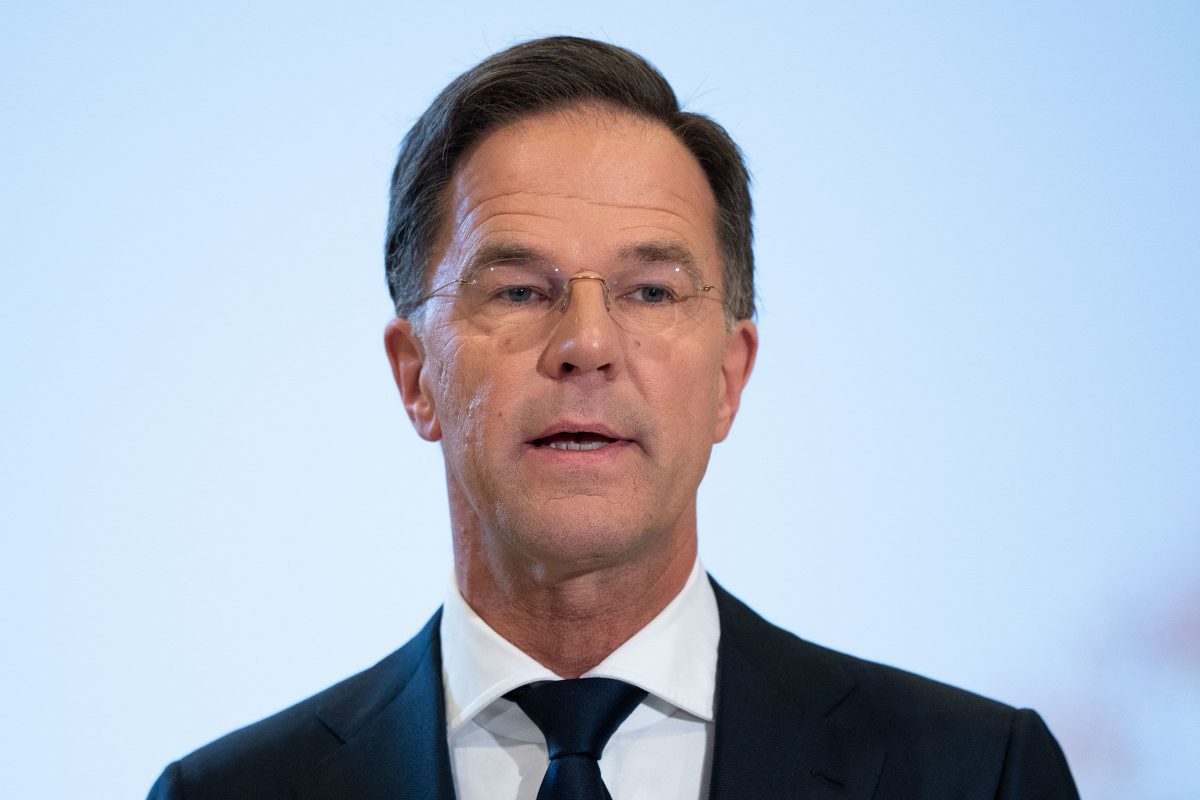LONDON, (Reuters) – U.S. President Joe Biden is backing outgoing Dutch Prime Minister Mark Rutte to succeed Jens Stoltenberg as the next secretary general of NATO, a U.S. official said today, soon after Britain’s Foreign Office said the same.
Stoltenberg’s successor when he steps down in October will take office at a crucial juncture, tasked with sustaining NATO members’ support for Ukraine’s costly defence against a Russian invasion while guarding against any escalation that would draw the alliance directly into a war with Russia.
Depending on the outcome of November’s U.S. presidential election, the next NATO boss may also have to deal with a second term for Donald Trump, who recently once again called into question his commitment to defending NATO allies.
Rutte, who is considered the favourite to fill the role, signaled his interest in the top job at the North Atlantic Treaty Organization last year.
The British Foreign Office said Rutte was a well-respected figure across NATO with serious defence and security credentials, and someone who would ensure it remained strong and prepared for any need to defend itself.
NATO leaders are appointed by consensus requiring the support – or at the least no opposition – from all its 31 members. Sweden is currently poised to become the Western alliance’s 32nd member.
Rutte, the Netherlands’ longest-serving leader, unexpectedly announced his departure from Dutch politics in July, but remains in post as a caretaker leader while coalition negotiations continue following a Nov. 22 election.
Stoltenberg, a former Norwegian prime minister, has served as NATO chief since 2014. His term was extended in July last year for a fourth time as the alliance opted to stick with an experienced leader rather than try to agree on a successor with Russia’s war in Ukraine raging on NATO’s doorstep.
Diplomats say Rutte is now the only official candidate for the post. Estonian Prime Minister Kaja Kallas and Latvian Foreign Minister Krisjanis Karins have also signaled interest but not been presented formally as candidates, diplomats say.
Prime Minister Mette Frederiksen of Denmark, whom some had mentioned as a possible successor, ruled it out on Thursday, saying she would turn down the job if it were offered to her.






